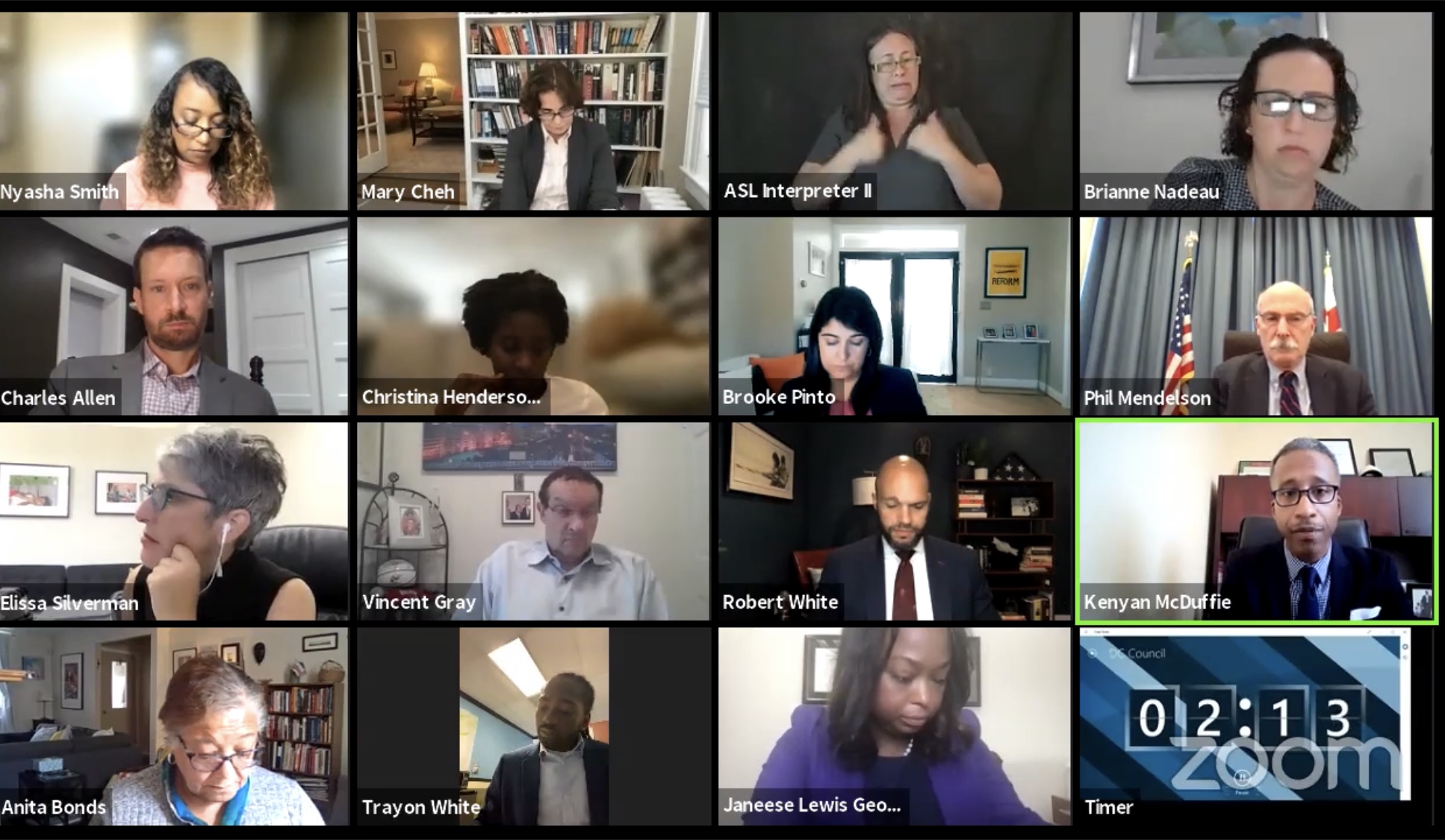$1,000-A-Year “Baby Bonds” Created by the Council

“Early money is like yeast.” That legendary fundraising slogan is good investment advice as well. It was also the motivating factor behind both the substance and the procedure for implementation of the primary legislation passed at the most recent, and very brief, Legislative Meeting.
Generally, because of how legislative and budgetary processes are structured, the Council creates a program first, then funds it in the subsequent budget cycle. This creates early excitement around a program, then ices that excitement with the reality that the funding necessary to implement the new program can be up to a year away.
But in the case of new “Baby Bonds” legislation, the timing of that bill’s committee consideration, simultaneous with the full Council’s deliberations over the budget, allowed for the rare anticipatory funding of a program in an about-to-be-passed bill.
The Budget Support Act, approved by the Council over the summer, included $32 million across four years for the “Baby Bonds” program, which received a unanimous first of two necessary Council votes at the most recent Legislative Meeting. The second vote on the permanent version of the legislation could come as soon as November 2.
The “Baby Bonds” program (created via the Child Wealth Building Act) will create a trust fund for each new child born to a lower-income family after October 1, 2021. At birth, the fund will be seeded with $500, with up to an additional $1,000 being paid into it each year that the parents continue to have income below the ceiling (three times the poverty level) created by the legislation. Such funds can accrue annually until the child reaches the age of 18, at which time the total funds can be accessed and expended for wealth-building purposes, such as education, entrepreneurship, property ownership, or retirement investments. This legislation has a critical racial equity impact, given that the median wealth of a white household in the District is 81 times that of a Black household.
Another wrinkle to customary Council practice is also revealed by the action on this bill at the most recent Legislative Meeting. As is often the case, in order to speed the implementation of a bill, along with the permanent version of the “Baby Bonds” bill, the Council also passed a simultaneous emergency version. Those well-versed in Council procedure will know that such emergency bills require a super-majority of nine votes to pass, they are in effect for just 90 days, and they cannot have a fiscal impact. While in other cases, this means a bill can have literally no cost, the distinct circumstance of the “Baby Bonds” bill being pre-funded via the Budget Support Act creates a unique situation. Because of this pre-funding, the “Baby Bonds” bill indeed has no new (meaning unfunded) cost, since it was essentially pre-paid. As a result, it meets the qualifications for emergency legislation.
Given that the motivation for the “Baby Bonds” bill is to thoughtfully seed future important life investments with early, timely contributions towards a child’s later success, the Council’s savvy pre-funding of this critical bill to allow for its timely implementation seems both symbolic and appropriate.
In other action at the most recent meeting, the Council also passed a measure extending the ability of Advisory Neighborhood Commissions to hold elections to fill commissioner vacancies while still meeting virtually because of the pandemic. A measure to rename Woodrow Wilson High School as Jackson Reed High School was postponed to allow more time for public input.
The Council’s next Legislative Meeting will be held on November 2.